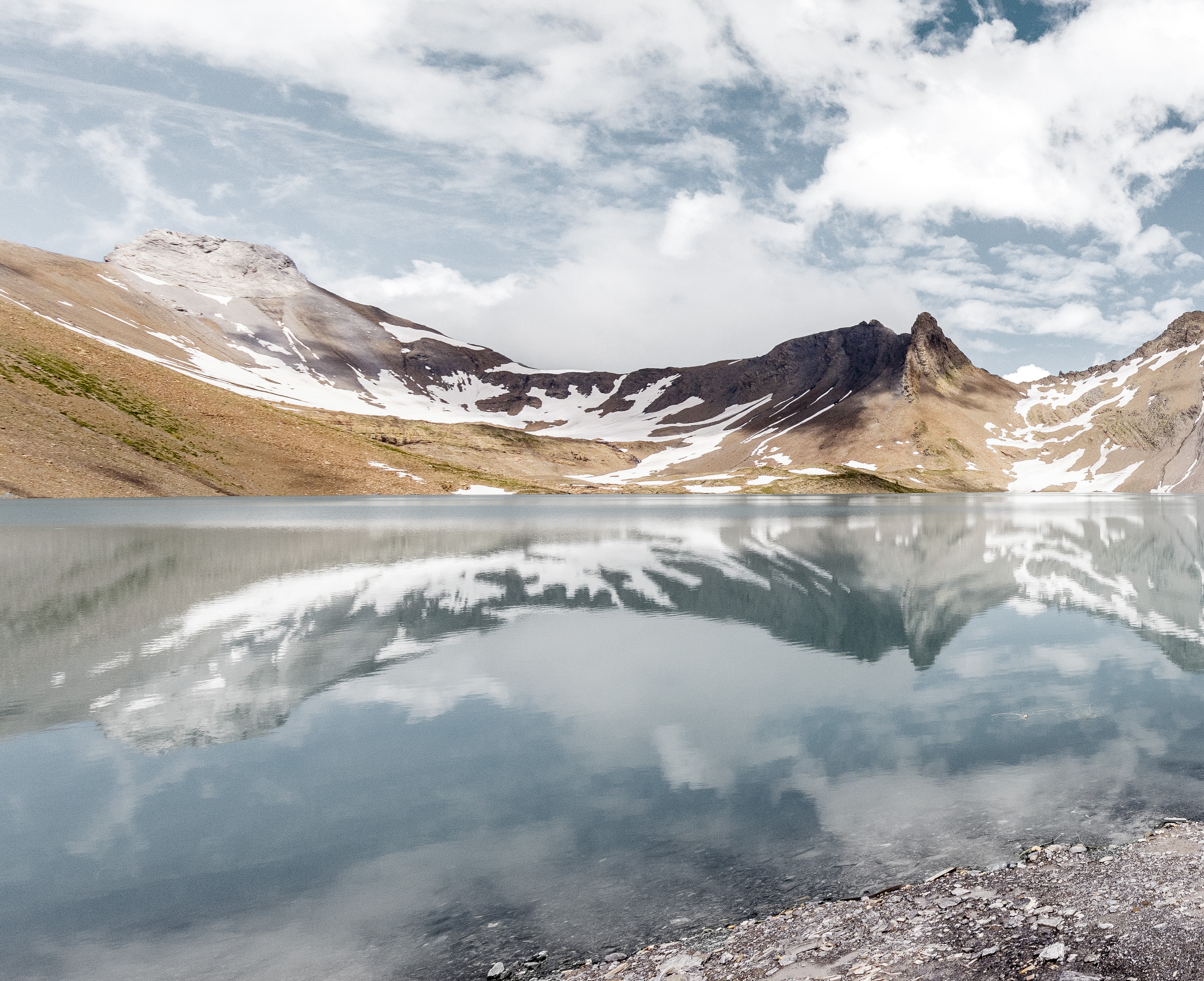29.04.2021 | Underground power line in the Schaffhausen nature park
Construction under consideration of the nature park
In order to improve security of supply, Axpo is increasing the voltage of its power lines from 50 to 110 kV – including in the Schaffhausen region. Under the project, the existing overhead line going through the Schaffhausen nature park will be dismantled and replaced with an underground cable. Seventy power masts will be removed, which will enhance the local landscape. The cable will be installed using a special ploughing process. The new line will go into operation in the spring of 2022. Marc Suter, Head of Line Construction at Axpo, in an interview.
Why is the work being done with ploughing?
In comparison to construction with a concrete cable conduit block in an open trench, this method is less expensive and reduces impacts to the ground, in particular because soil material does not have to be moved. The cable protection conduits are laid directly into the ground by means of a special ploughing process.
How does that work?
The ploughing machine uses a type of blade that goes about 90 cm into the ground. The attached cable conduits are installed directly into the ground in this process. Soil material is only pushed aside and does not have to be removed or shifted. This results in less impact to the ground.
How long of a distance will be cabled in this way?
The cable will be installed in the ground along a 13-km route, 10 km of which using the ploughing process. We can work quickly with this method.
Why not plough everywhere?
That's not possible. The ground has to fulfil certain criteria. The process can't be used when there are rocks or other cables in the ground. In rural areas like that of the Neuhausen-Wilchingen line the geological conditions are ideal. When cabling is installed in roads, residential areas or in short sections, cable conduit blocks in open trenches are used.
The nature park is considered a protected landscape of national importance – what needs to be especially considered here?
In principle, Axpo takes vegetation and animals into consideration in every project. Intervention in nature must be avoided whenever possible. In this project, we can use the existing forest road and install cabling along 80% of the route. We do not need to clear any wooded areas at all. Breeding season will also be taken into account and work will only be performed during the day.
Underground or overhead lines – what’s better?
Neither. Both technologies have advantages and disadvantages. For example, overhead lines are more exposed to weather (e.g. storm damage in wooded areas) – underground cables are more complicated to repair. There is no one solution. Every power line project must be assessed under consideration of factors like the environment, society, technology, laws and efficiency. The best solution has to be tailored in close cooperation with all the interest groups.
What concrete questions play a role here?
For example spatial development plays a role: In an area with a growing population how strongly will electricity demand increase? Are there any possible synergies with other construction projects, for example like here with EKS that is installing its 16-kV line in adjacent protection conduits? Does the route go through a construction or protected zone? What's possible in terms of technology? Are all the legal requirements fulfilled and ultimately, are the costs of the respective solution justifiable?







